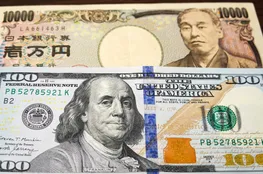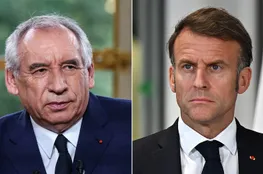Saudi Arabia's Investment Minister Khalid Al-Falih addressed skepticism over the nation's economic diversification plan during the Bloomberg New Economy Forum. Al-Falih promoted 'green shoring' as a key initiative to attract foreign financing. Critics initially doubted whether Saudi Arabia, heavily reliant on oil, could fulfill Vision 2030’s ambitions. Speaking at the Ambrosetti Forum, Al-Falih noted that the kingdom has achieved or nearly completed 87% of its targets eight years into Vision 2030. Saudi Arabia aims to decrease its oil dependence and foster a diversified economy.
This plan involves large-scale projects such as the Neom industrial complex. The IMF anticipates oil revenues will rise until 2026 before declining. The kingdom hopes to attract over $3 trillion in domestic financial flows and reach $100 billion in foreign investment annually by 2030. Recent reforms in investment and labor laws are part of efforts to improve the business environment. However, mandatory requirements for businesses to set up regional headquarters in Saudi Arabia for government contracts have met some resistance.
In 2023, the number of foreign investment licenses issued nearly doubled, and foreign direct investment saw a 5.6% increase in the first quarter. Despite concerns about the kingdom's legal framework and dispute resolution system, Al-Falih emphasized Saudi Arabia’s stability and predictability. 'Green shoring,' part of Riyadh's strategy, aims to decarbonize supply chains using renewable energy. This initiative encourages manufacturing in regions rich in both materials and green energy resources.
Saudi Arabia, with its ample logistics, capital, and infrastructure, is positioned to support this. The goal is to achieve net-zero emissions by 2060, aligning with regional efforts and global climate commitments. Yet, some environmental groups argue that Saudi Arabia's focus on technologies like carbon capture and storage is a tactic to sustain its oil industry. Nevertheless, Riyadh seeks to enhance global supply chain resilience and supports a mix of hydrocarbons and green resources to ensure energy security during the global transition to net-zero emissions.
Al-Falih highlighted plans to bring critical materials and address shortages in sectors like semiconductors and green technologies.





















